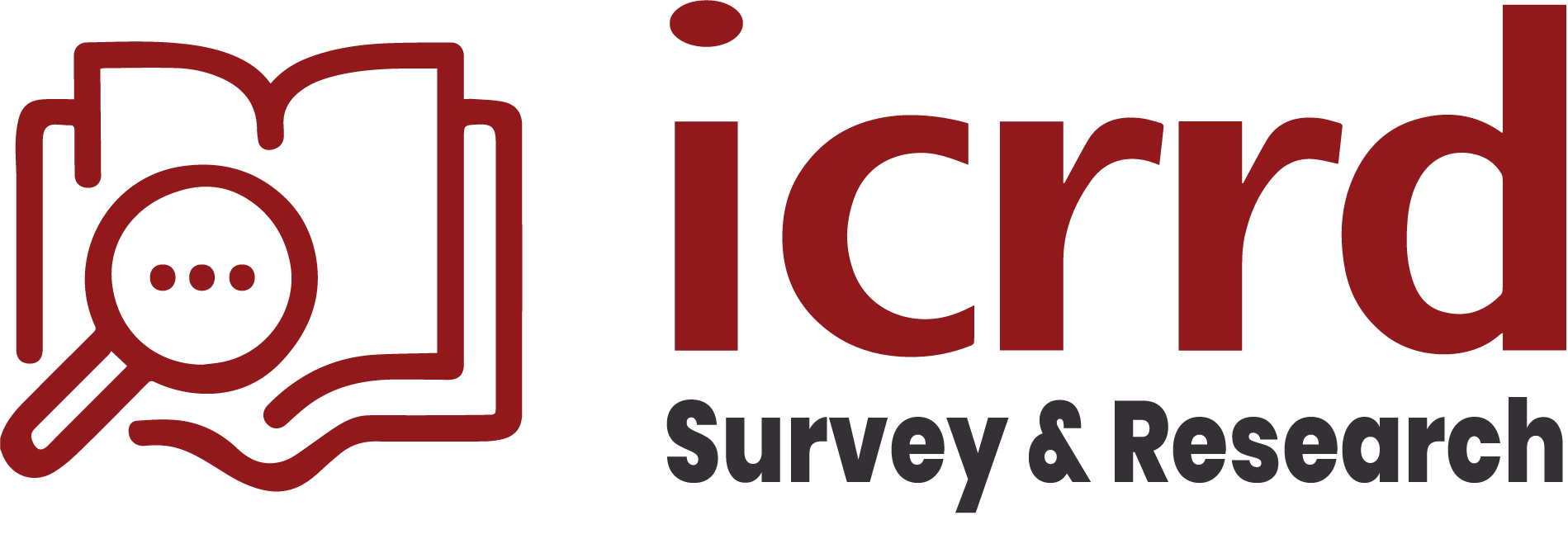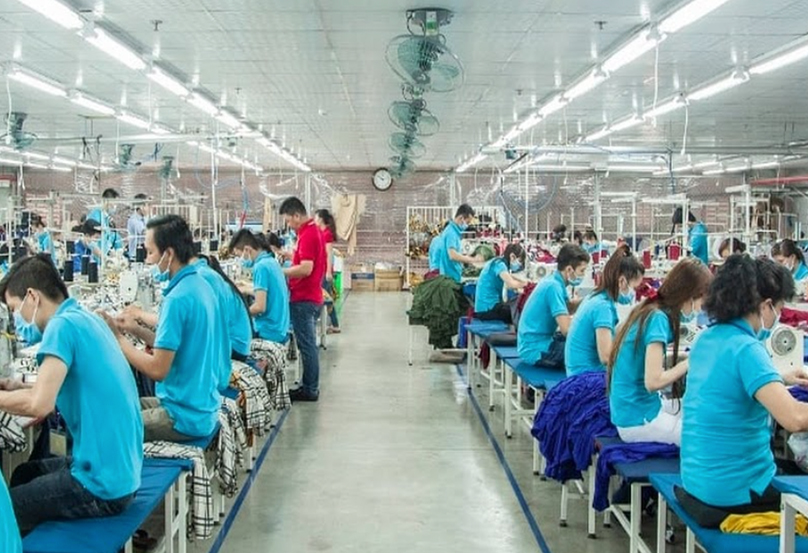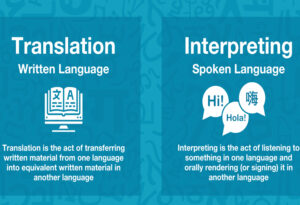An Industry Social Compliance Audit, also known as a Social Compliance Audit or Social Responsibility Audit, is a systematic evaluation of an organization’s adherence to social and ethical standards in its operations and supply chain. The primary focus of this audit is to assess whether the organization is complying with applicable labor laws, workplace standards, and ethical practices, and to ensure that the rights and well-being of workers are respected and protected. Here’s an overview of how an Industry Social Compliance Audit is typically conducted:
Scope Definition:
Determine the scope of the audit, which includes identifying the specific facilities, suppliers, or regions that will be covered in the assessment.
Standards and Framework Selection:
Select the social compliance standards and frameworks against which the organization will be assessed. Common frameworks include the International Labour Organization (ILO) conventions, the Ethical Trading Initiative (ETI) Base Code, and the Social Accountability International (SAI) SA8000 standard.
Audit Team Formation:
Assemble an audit team comprising experienced and trained auditors with expertise in labor rights, workplace conditions, health and safety, and other relevant areas.
Pre-Audit Preparation:
Conduct a pre-audit meeting with the organization’s management to explain the audit process, gather relevant documents (policies, procedures, contracts, etc.), and schedule the audit dates.
On-Site Assessment:
Conduct on-site visits to the organization’s facilities or suppliers’ sites to assess compliance with social standards. The audit team interviews workers, reviews records, and observes workplace conditions.
key areas of evaluation include
Labor Standards: Ensuring compliance with local labor laws, including working hours, wages, overtime, and child labor regulations.
Health and Safety: Assessing workplace safety practices, emergency procedures, and the provision of protective equipment.
Freedom of Association: Verifying whether workers have the right to join unions and engage in collective bargaining.
Discrimination and Harassment: Evaluating policies and practices to prevent discrimination and harassment based on gender, race, religion, or other factors.
Forced Labor: Ensuring that no form of forced or bonded labor exists within the organization or its supply chain.
Data Collection and Evidence:
Gather evidence during the audit, including documents, photographs, and worker testimonials, to support the audit findings.
Data Analysis:
Analyze the collected data to identify any non-compliances and areas for improvement.
Audit Report:
Prepare a comprehensive audit report detailing the findings, including areas of non-compliance and potential risks. Include recommendations for corrective actions and improvements.
Post-Audit Actions:
Present the audit report to the organization’s management and work with them to develop a corrective action plan. The organization is expected to address the identified issues and implement necessary improvements within a specified timeframe.
Follow-Up and Monitoring:
Conduct follow-up audits to verify whether the organization has implemented the recommended corrective actions and assess its progress in achieving compliance.
Continuous Improvement:
Social compliance is an ongoing commitment. Encourage the organization to continually improve its social and ethical practices and maintain a culture of social responsibility.
An Industry Social Compliance Audit helps organizations demonstrate their commitment to ethical practices, protect the rights of workers, and improve working conditions within their supply chains. It also enhances transparency and accountability, fostering trust among stakeholders and consumers.




